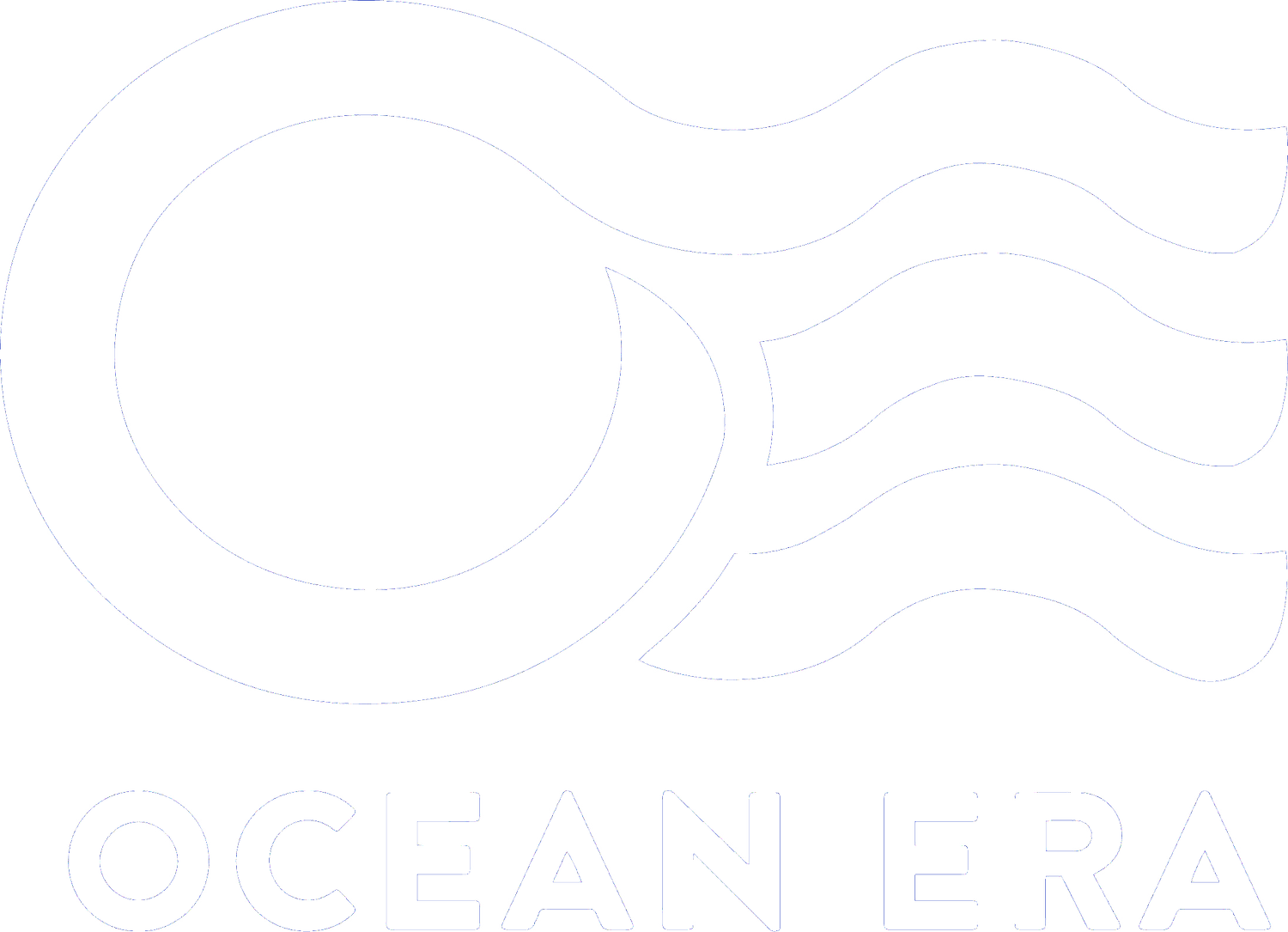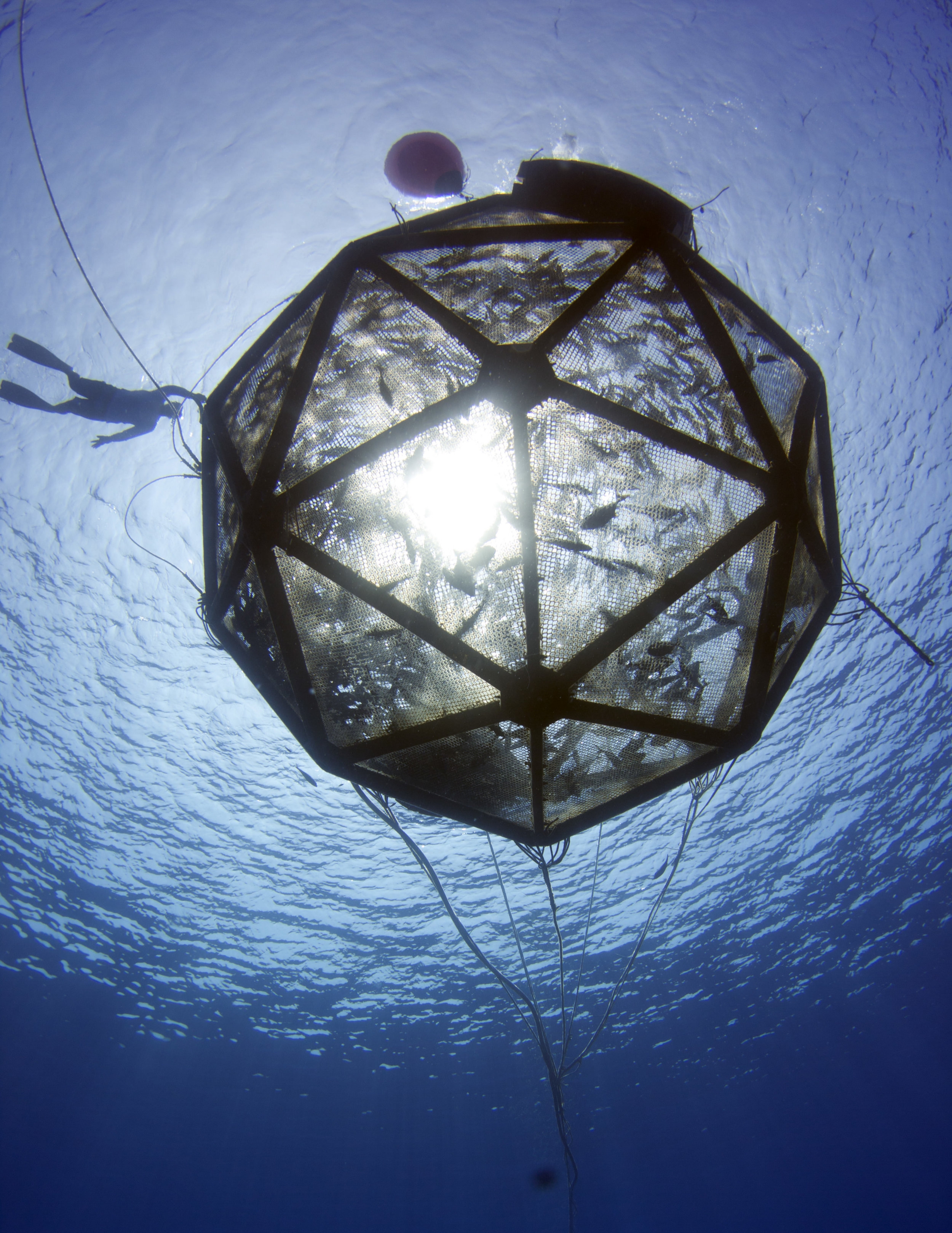Velella Epsilon: Pioneering Offshore Aquaculture in the Gulf of Mexico
As part of a national initiative to increase U.S. aquaculture production in the next four years, Kampachi Farms has been awarded a grant in partnership with Florida Sea Grant to trial a new Velella net pen pilot project in the Gulf of Mexico.
Kampachi Farms has successfully deployed smaller Aquapod™ demonstration fish pens off the coast of Kona, Hawaii. The Velella Beta-test was awarded one of TIME Magazine’s 25 Best Inventions of the Year, and was featured on a National Geographic special hosted by Dr. Robert Ballard. The Velella Beta-test and the Velella Gamma project were both also highly popular with the local Kona fishing community, as the net pen arrays acted as Fish Aggregating Devices (FADs), and proved to be exciting dive sites for snorkel tours.
In 2016, NOAA Fisheries finalized a Rule that would allow commercial aquaculture operations to be permitted in U.S. federal waters in the Gulf. However, no applications have been received for such projects yet, according to Jess Beck-Stimpert, an aquaculture coordinator with NOAA Fisheries.
“This demonstration pen would therefore be the only permitted structure in Gulf waters,” said Beck-Stimpert.
One of the major barriers to commercially expanding open ocean aquaculture in the Gulf of Mexico has been its arduous permitting process.
Neil Anthony Sims, CEO for Kampachi Farms stated, “The primary goal of the demonstration project is to help the local communities in the Gulf of Mexico to understand the ancillary benefits that offshore aquaculture can bring to fisheries and to recreational tourism.”
Kampachi Farms also intends to start discussions with State and Federal agencies and the local community about pioneering an application for a commercial aquaculture permit in the Gulf of Mexico. The Velella Epsilon will use a SUBflex submersible net pen system (made by GiliOcean Technology), on a single-point mooring, which allows the net pens to pivot as the current direction changes. The project will also encourage recreational and charterboat fishermen to use the pen as a FAD, or Fish Aggregating Device. As part of the Sea Grant project, this process, and the community response, will be documented as a reference for future applicants.
Sims explained, “Once the Velella Epsilon has demonstrated the technology and benefits of offshore aquaculture to the local communities, then we will engage them in the discussions about how this industry might move forward. We will also work with the various agencies to identify areas needing further regulation or clarification of agency requirements, or areas where we could eliminate any redundancies. And, we will make our documentation on this process readily available for future aquaculture industry applicants to use as a template.”
For more information on previous Velella Project Trials see our Research Page.

